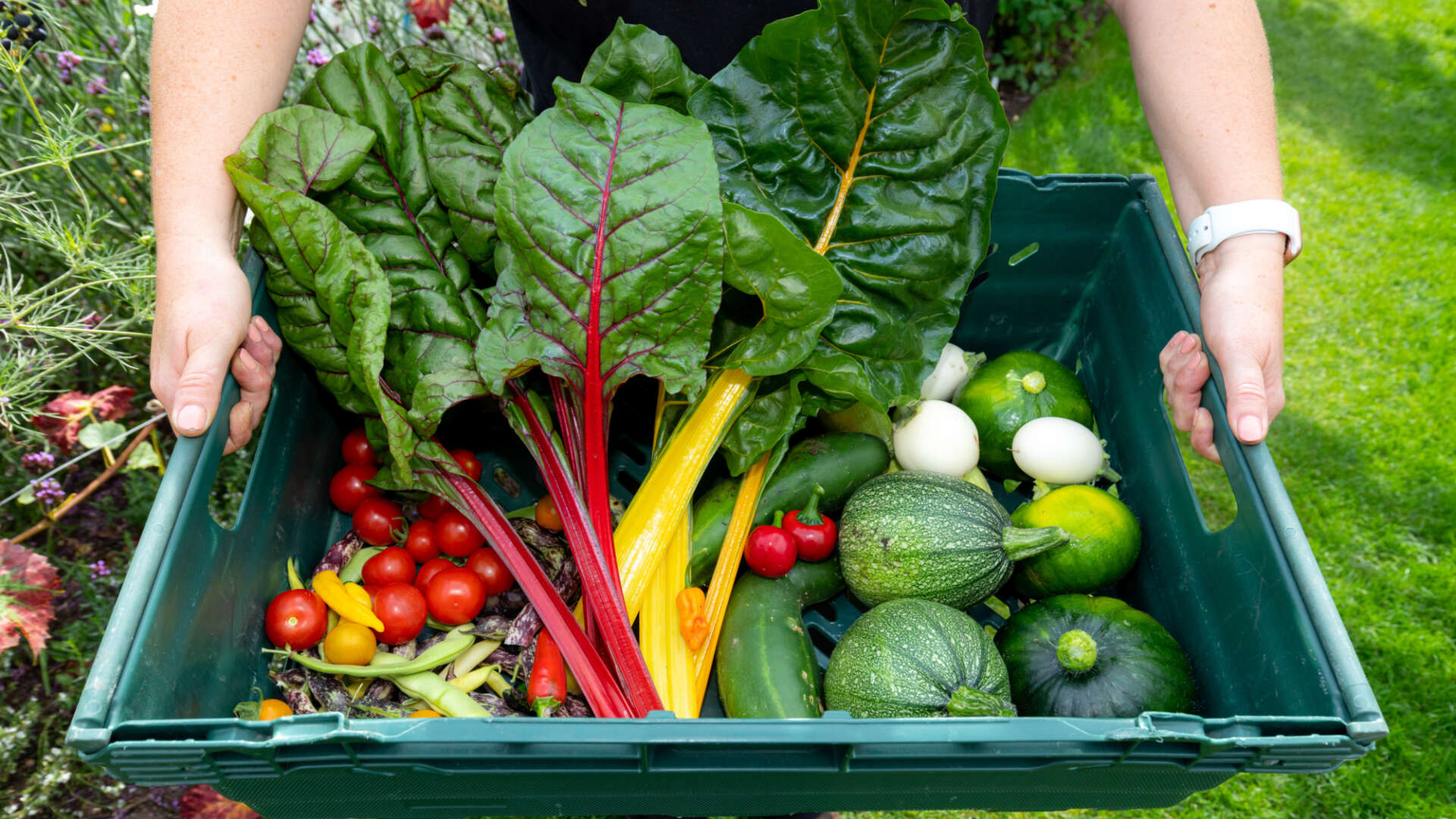New research shows a sustainably-farmed Europe can feed a growing population a healthy diet

The ‘Ten Years for Agroecology’ study, from European think tank IDDRi, shows that pesticides can be phased out and greenhouse gas emissions radically reduced in Europe through agroecological farming - which would still produce enough healthy food for a growing population.
With more than half the cereals and oilseed crops grown being fed to animals, the report argues that we have to reorientate diets towards plant-based proteins and pasture-fed livestock, away from grain-fed white meat. There is no doubt that intensive agrichemical farming has contributed to a steep decline in global insect populations, birdlife, and ecosystem degradation - much of it linked to pesticide use. The report argues that the next 10 years will be critical in engaging Europe in this agroecological transition.
The paper suggests that agroecology – using ecological principles first and chemicals last – presents a credible and holistic way of feeding Europe by 2050. But action is needed now.
Rob Percival, Head of Food Policy at the Soil Association, said “Pesticide-hungry intensive production is not the only way to feed a growing population. The ‘Ten Years for Agroecology’ study shows that agroecological and organic farming can feed Europe a healthy diet, while responding to climate change, phasing out pesticides, and maintaining vital biodiversity."
The ‘Ten Years for Agroecology’ study suggests a future in which:
• Meat production in Europe has been reduced by 40%, with the greatest reductions in the production of grain-fed pork and poultry.
• European diets include less meat and more plant-based proteins overall, but with an ongoing sustainable role for grass-fed meat and dairy.
• Europe has achieved protein self-sufficiency, halting the import of protein crops for animal feed, which are often associated with deforestation and greenhouse gas emissions abroad.
• Europe’s biodiverse and carbon-rich grasslands are maintained, nurturing biodiversity and contributing towards a reduction in agricultural greenhouse gas emissions of 40%.
IDDRi is a think tank that facilitates the transition to sustainable development. Acting as an independent policy research institute, IDDRI identifies conditions and proposes tools to place sustainable development at the heart of international relations and public and private policies.